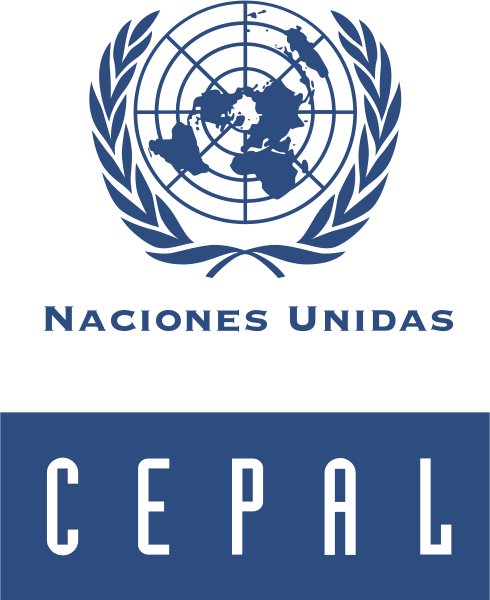Inclusive and sustainable smart cities: Sustainable transport and circular economy and their economic co-benefits in Latin America and Asia
Project Lead:
Tilman Altenburg
Project Team:
Franco Jauregui Fung
Hanna Fuhrmann-Riebel
Time frame:
2022 - 2024
/
ongoing
Co-operation Partner:
UN Economic Commission for Latin America and the Caribbean
GIZ
Project description
Public transport systems are essential for environmentally friendly and socially equitable cities. However, rolling these out requires high upfront investment and high maintenance costs. Thus, it is important to find ways to exploit economic co-benefits for the domestic economy to convince decision makers to adopt sustainable urban mobility projects. One important co-benefit stems from opportunities to develop new activities to generate a circular economy and redesign products to recover and reuse valuable materials and vehicle components. Another fundamental co-benefit for urban areas can be reaped from land value capture strategies by which revenues from the land and property price increase typically associated with new urban rail and BRT stations, as well as schemes for rail + property development, are used to finance further mass-transit lines.
This project builds on a first phase of research collaboration with ECLAC conducted in 2020-2022, regarding the implementation and opportunities for industrial development and technological learning associated with BRT systems, urban railway and electric buses in Latin America and Asia. This second phase further explores land value capture strategies as smart means of funding the rollout of railway and BRT systems. In addition, the team studies policies for introducing circular economy principles in Latin America, as well as their economic co-benefits, both in general terms and specifically in the field of urban mobility. The aim is to learn from practical implementation processes of case studies in different contexts in order to derive practical roadmaps towards sustainable urban mobility through the aforementioned co-benefits for the local economy. Our main target group are Latin American policymakers.
Publications
-
The role of the consumer and systemic policy mixes for circular business models in the EU
Fuhrmann-Riebel, Hanna (2024)
Discussion Paper 3/2024
